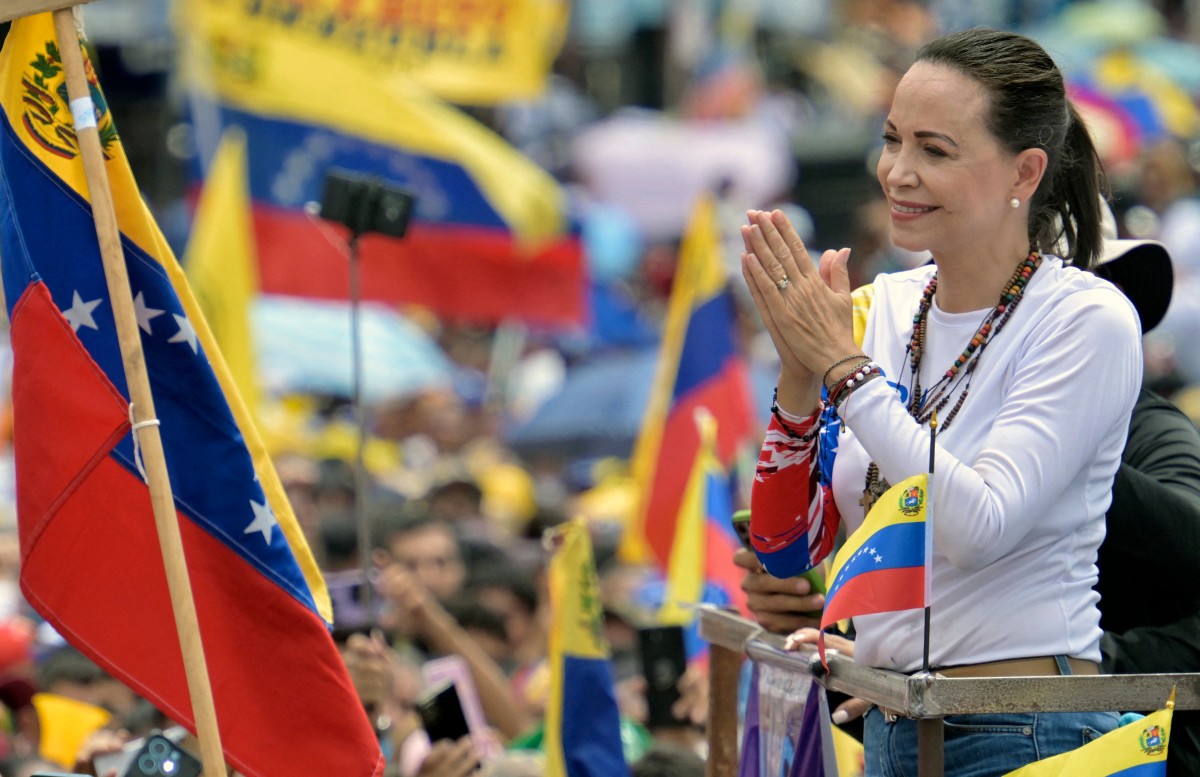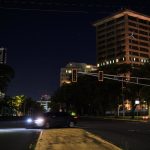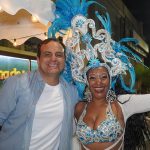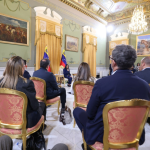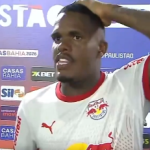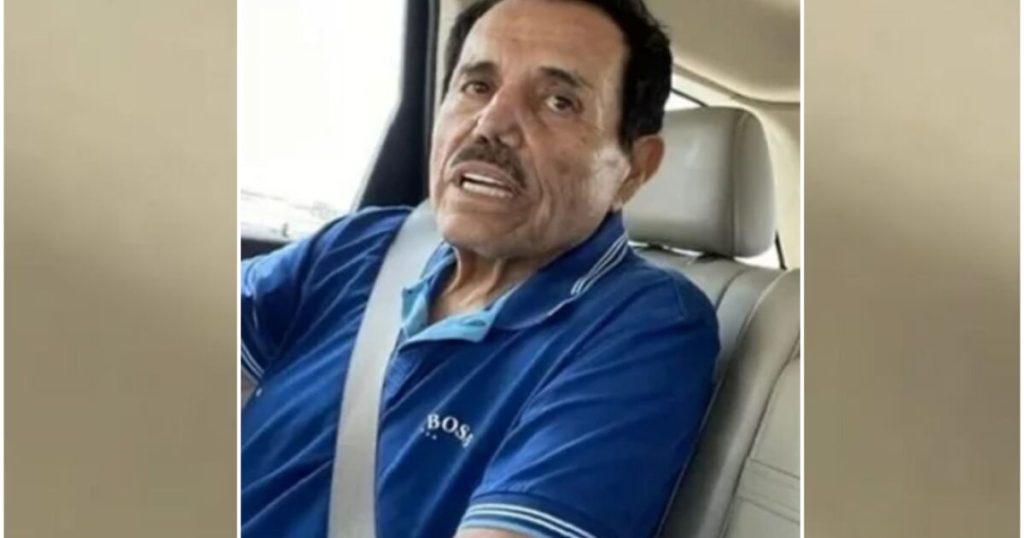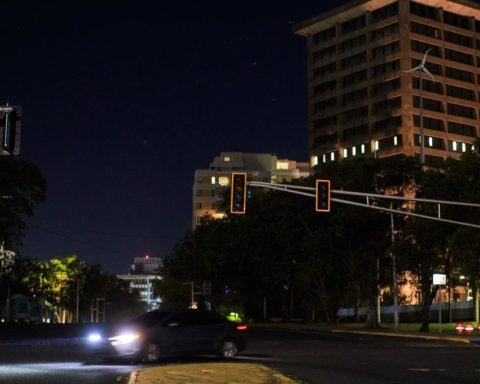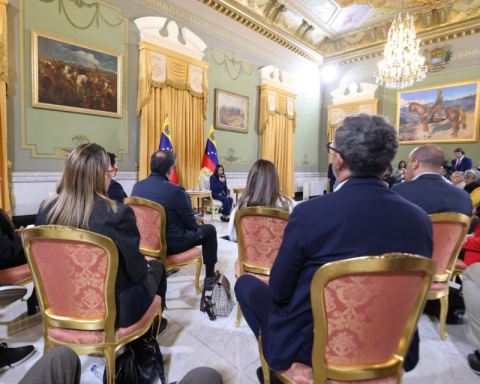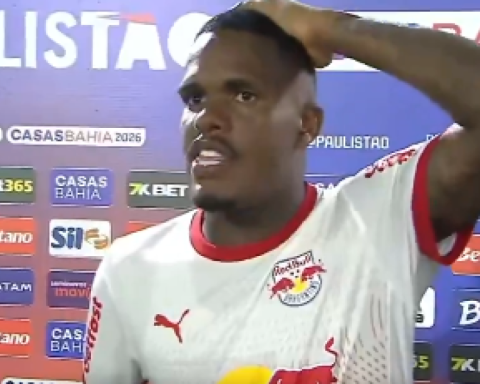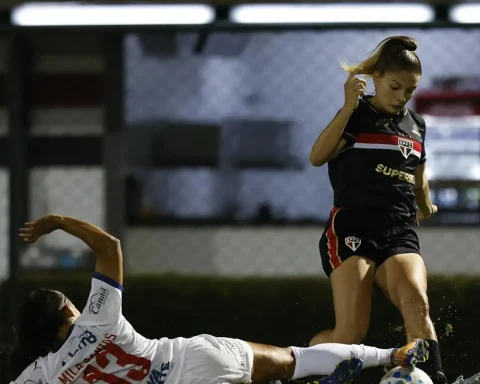Experts from civil society in Venezuela, Nicaragua and Cuba held the virtual forum “Challenging the darkness from Venezuelan, Nicaraguan and Cuban civil society” in which the role of these organizations in these countries living under dictatorship was assessed and how the elections in Venezuela create hope for the Latin American region.
“The human rights movement in Venezuela is not large, but it has had a force that allows it to achieve many things. It has had to organize and train from outside. Venezuelan political parties have followers (Venezuelan exiles) all over the world and that is an advantage because they meet and work together to push complaints in the country,” says Rigoberto Lobo, from PROMEDEHUM.
On July 28, nearly 21 of the 30 million Venezuelans on the electoral roll could cast their vote, although it is estimated that only 17 million who remain in Venezuela could vote. Participation is key, according to sources close to the process. Chavismo, according to analysts, is betting on a low turnout, since its ceiling is 30% popularity and will seek that to give it victory, while the opposition needs the opposite, more votes to dilute the official force.
Related news: 20 Nicaraguan civil society organizations collaborated on UN experts’ report
In Nicaragua
“The dictatorship of Daniel Ortega and Rosario Murillo has been dedicated to promoting the annihilation of civil society in Nicaragua, and this is explained by the fact that this type of regime is terrified of work in favor of human rights, which raises awareness among the people of the rights that are inherent to us,” says Haydee Castillo.
“In Nicaragua, due to the absence of political parties, civil society has had to take on the role of accusing the regime, which was previously the responsibility of parties opposed to the government. The dictatorship, instead of seeing us as allies, does not see us as enemies because for them everything that “smells” of human rights goes against their interests,” says Castillo.
In Cuba
“The dictatorship in Havana has built a chain of repressive mechanisms that extend from the neighborhoods to the figure who has the greatest capacity for leadership. In Cuba we are talking about a civil society that has had to learn to build a useful tool for Cubans to defend themselves in terms of human rights,” says Yuniér Suárez, from CubaDecide.
Related news: Human Rights Collective: Ortega seeks to destroy Nicaraguan civil society
For the director of CubaDecide, “the future has never been as hopeful for the region as it is now, for the reason that in the last 15 years the work of civil society has come together with the diversity of the opposition to build a state of law and it has begun to be seen in Venezuela that it is seeking freedom.”
The most important elections of 2024
President Nicolás Maduro, 61, faces the most difficult elections in 25 years of Chavismo, 11 under his rule. He claims that his victory guarantees peace in the country and that if the opposition wins the vote, his party could carry out a “bloodbath,” a statement that has set off alarm bells in the region.
Most polls are turning their backs on him and favouring Edmundo González Urrutia, representative of opposition leader María Corina Machado, who was unable to run as a candidate after being disqualified from political office.
The 74-year-old diplomat also promised “change,” “reconciliation” and the return of millions of migrants who fled the Venezuelan crisis.
